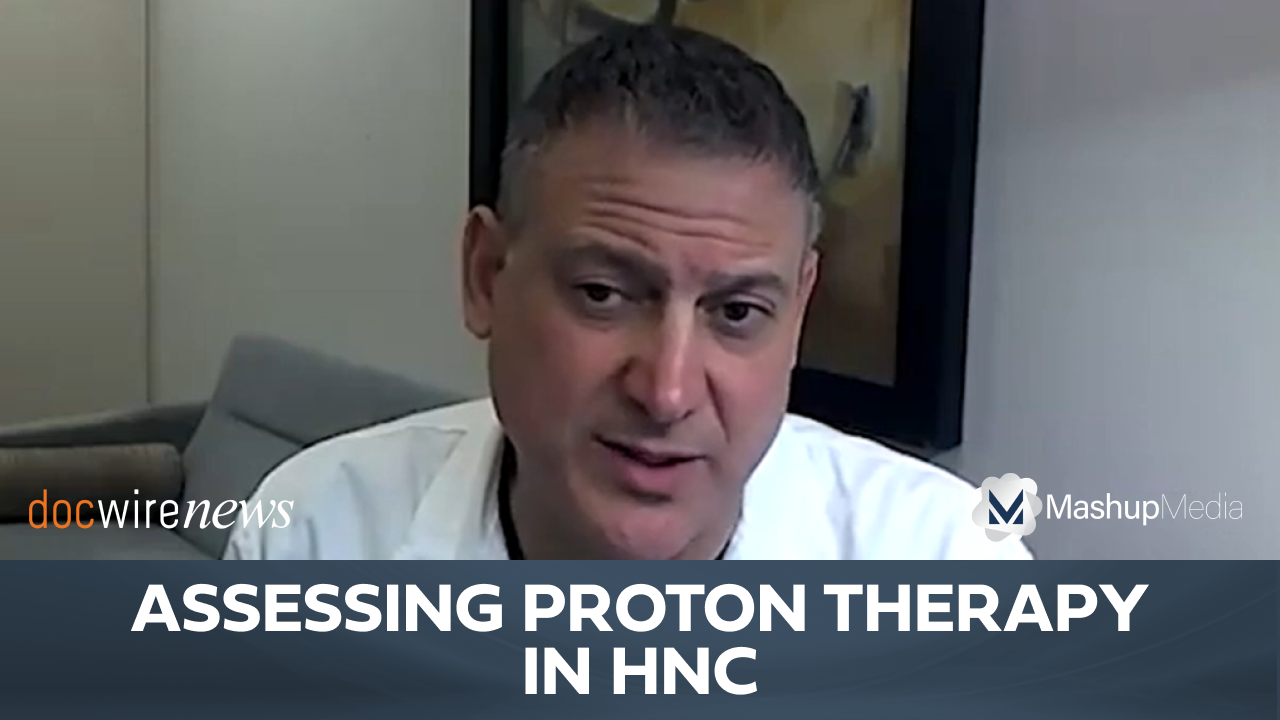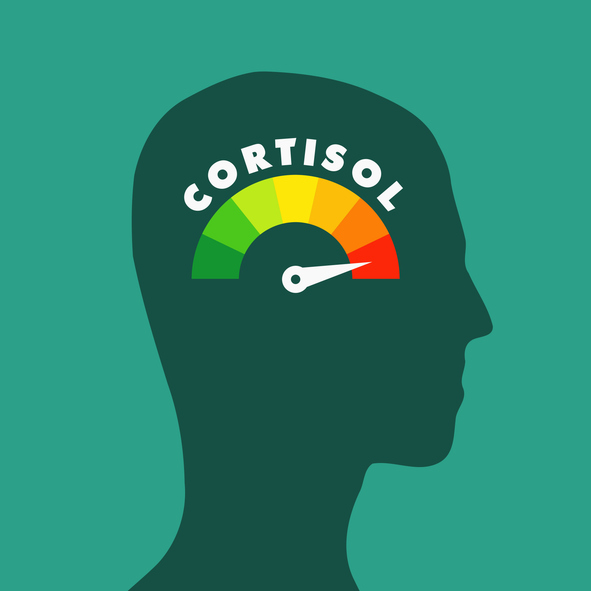
The involvement of primary care providers (PCPs) in opioid prescribing for head and neck cancer (HNC) survivors is high, and as such, unsafe opioid prescribing interventions should target the primary care setting, according to a study presented at the 2024 American Society of Clinical Oncology Annual Meeting.
“Older HNC survivors often experience post-treatment pain, and they have concerningly high rates of unsafe opioid prescribing per CDC guidelines (eg, high doses, concurrent benzodiazepines). Because interventions to improve opioid safety should target providers who prescribe opioids to HNC survivors, we aimed to identify post-treatment opioid prescriber specialty,” the researchers noted.
Researchers used the national linked Surveillance, Epidemiology, and End Results registry, as well as Medicare claims data, to analyze 5547 HNC survivors aged 65 years and older diagnosed with stage I-III HNC between 2014 and 2017, and who had ≥6 months treatment-free follow-up prior to censoring at further treatment, new cancer, hospice, death, or the end of 2019. Each opioid fill was assigned 1 of the following prescriber specialties: oncology, surgery, primary care, pain, or other. Multinomial logistic regression models were used to capture trends in prescribing, accounting for clinical and sociodemographic characteristics.
The findings showed that over half (53%) of HNC survivors had ≥1 opioid fill. PCPs prescribed 49% of all fills (46%-53% each year), a greater share than other specialties. The researchers observed that PCPs prescribed longer supplies of opioids (median 30 days/fill and median 45 days/year) than oncologists or surgeons, and the likelihood of an opioid being prescribed by an oncologist or surgeon was 5 times lower than by a PCP. Moreover, the findings showed that rates of opioid prescribing by oncologists decreased relative to rates of prescribing by PCPs
“Primary care involvement in opioid prescribing remains high over post-treatment HNC survivorship. Interventions to address unsafe opioid prescribing for HNC survivors should target the primary care setting, as is typical for opioid-reduction efforts in the noncancer population,” the researchers concluded.







 © 2025 Mashup Media, LLC, a Formedics Property. All Rights Reserved.
© 2025 Mashup Media, LLC, a Formedics Property. All Rights Reserved.